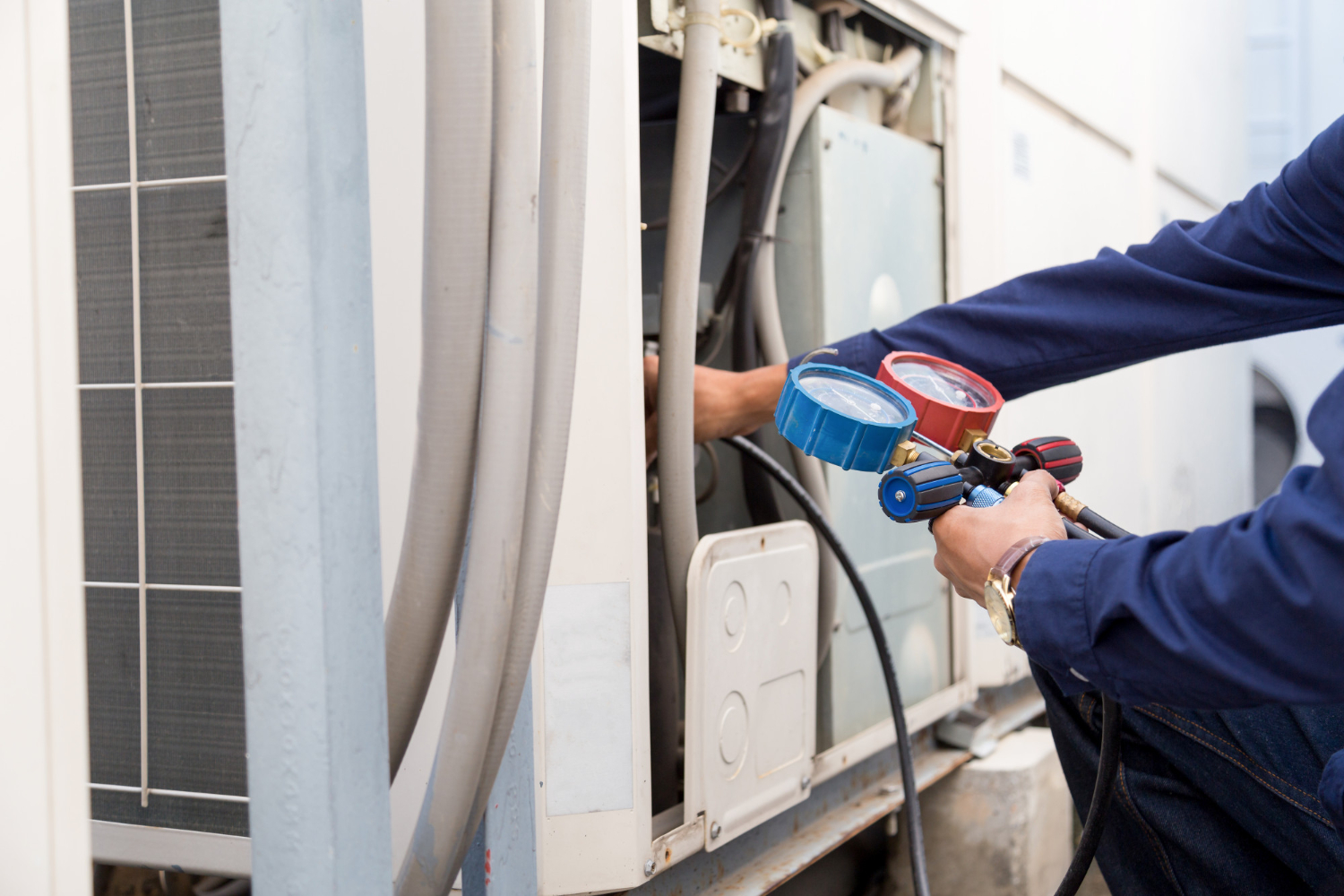A well-functioning heat pump is crucial for maintaining comfort in your home, especially during Kansas City’s variable weather. Whether it’s keeping you warm in the winter or helping out in the transition to spring, your heat pump plays a vital role. But how do you know if your heat pump needs attention? There are several signs you shouldn’t ignore, as they might indicate it’s time to call in professionals for a check-up. Imagine waking up on a chilly morning to find your home isn’t as warm as it should be. This situation can be more than just uncomfortable; it can hint at underlying issues with your heat pump.
Keeping an eye out for specific warning signs can save time and money by preventing bigger problems down the line. Often, homeowners may overlook these signs, brushing them off as minor inconveniences. However, certain symptoms should prompt immediate action to avoid more costly and complex repairs in the future. Let’s explore some warning signs that suggest it’s time for professional intervention.
Unusual Noises
When it comes to heat pumps, sounds like grinding, squealing, or rattling should never be ignored. These noises can often indicate worn-out parts or issues within the system. Here are some common noises to listen for:
– Grinding sounds suggest part friction or motor problems.
– Squealing might point to a failing belt or lack of lubrication.
– Rattling could mean loose components or debris inside the unit.
Addressing these noises promptly is crucial. Ignoring them can lead to bigger issues, not only affecting comfort but also leading to potential damage to your heat pump. If you hear these sounds, it’s wise to contact professionals who can identify and resolve the problem.
Reduced Heating Efficiency
If you notice that your home takes longer to warm up or certain rooms feel colder than others, this could signal reduced heating efficiency. Such inefficiency may be due to various factors like clogged filters, misfiring thermostats, or even issues with the ductwork. Over time, even small reductions in efficiency can cause your energy bills to climb, affecting both your wallet and home comfort.
To maintain a cozy, warm house, it’s important to be aware of signs of declining efficiency. For example, if your heat pump seems to be running continuously without effectively heating your home, it’s clear there’s an issue. In such cases, it’s best to have technicians assess your system to ensure it runs optimally.
Frequent Cycling
Another common indicator of trouble is frequent cycling, where the heat pump switches on and off more often than usual. This pattern, known as “short cycling,” can be caused by thermostat settings, refrigerant leaks, or other mechanical issues. Short cycling puts additional strain on your heat pump, leading to increased wear and tear. Over time, this can reduce the lifespan of your unit and result in unexpected breakdowns.
Understanding the causes and potential consequences of short cycling is important for homeowners. If you observe your heat pump frequently turning on and off, professional assistance is recommended to diagnose the problem and provide a solution. By addressing short cycling early, you can prevent further damage and maintain the efficiency and reliability of your system.
Unexplained Increases in Energy Bills
Have you noticed a sudden spike in your energy bills without any changes in your usage habits? Your heat pump could be the culprit. When a heat pump is not functioning efficiently, it tends to work harder to maintain the desired temperature. This increased workload can result from various issues such as refrigerant leaks, failing components, or blocked airflow.
Here are some common indicators that your heat pump may need immediate attention:
– A steady rise in energy costs over the months
– The pump running more frequently than usual
– Lack of consistent indoor temperatures despite adjustments
If you experience any of these signs, it’s advisable to have professionals evaluate your system. Identifying and resolving issues early can prevent further expense and discomfort.
Accumulation of Ice
Ice buildup on your heat pump is more than just a seasonal occurrence. While a small amount can be normal during operation, excessive ice signals a problem with your system. Ice can accumulate due to issues like blocked airflow, refrigerant leakage, or malfunctioning defrost controls.
Leaving this unaddressed can lead to major damage to your heat pump, as well as reduced heating efficiency. This is particularly pressing in winter when your heat pump works hardest to keep your home warm. If you spot excessive ice on your unit, it’s essential to call in our technicians to inspect and remedy the issue.
Poor Airflow
Restricted airflow is another common issue that can affect the performance of your heat pump. When airflow is blocked, it can lead to uneven heating across your home, causing discomfort and inefficiency. Common causes might include dirty filters, blocked vents, or issues within the duct system.
Signs of poor airflow include:
– Weak or no air coming from vents
– Inconsistent temperatures throughout your home
– Unusual odors when the pump is running
Identifying the source of airflow issues can be tricky. Our professionals are skilled at diagnosing and fixing these problems, ensuring your heat pump operates at peak performance.
Staying vigilant for these warning signs can save you from unexpected repairs and keep your home comfortable year-round. Ignoring these symptoms may lead to more severe damage and higher costs down the road. Addressing these issues quickly ensures that your heat pump continues to provide reliable service, especially during Kansas City’s colder months. Remember that professional assessment and timely maintenance are key in safeguarding your heat pump’s functionality.
Don’t take chances when you notice signs like unusual noises or poor airflow from your heat pump. Delta T Heating and Cooling can help by providing reliable service with our professionals experienced in heat pump repair in Kansas City. For a quick estimate or to book a service visit, please contact us today.



